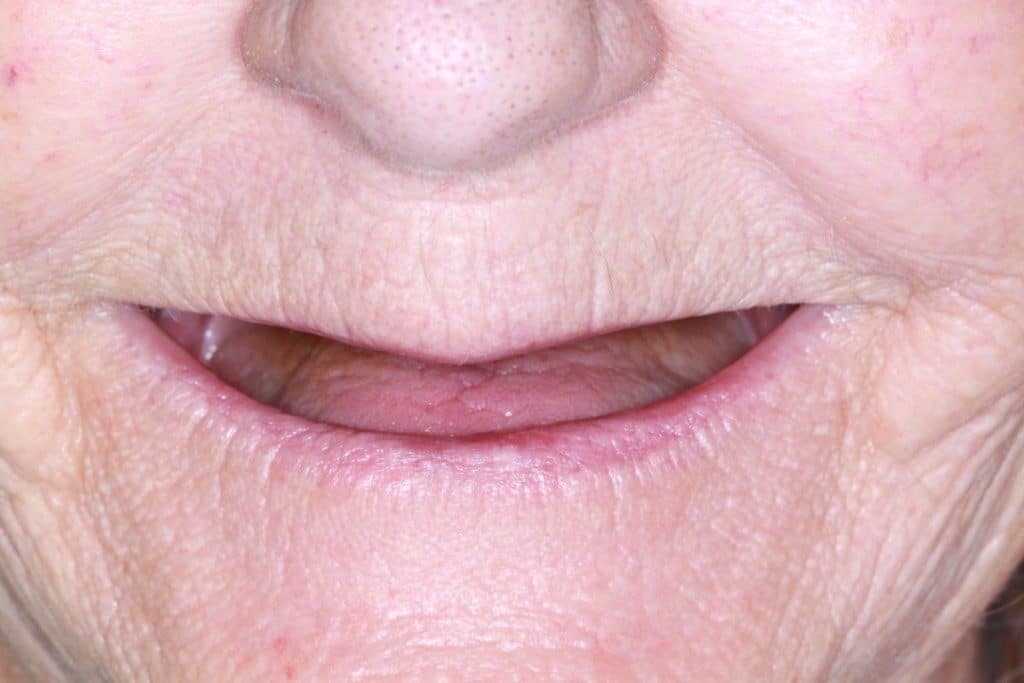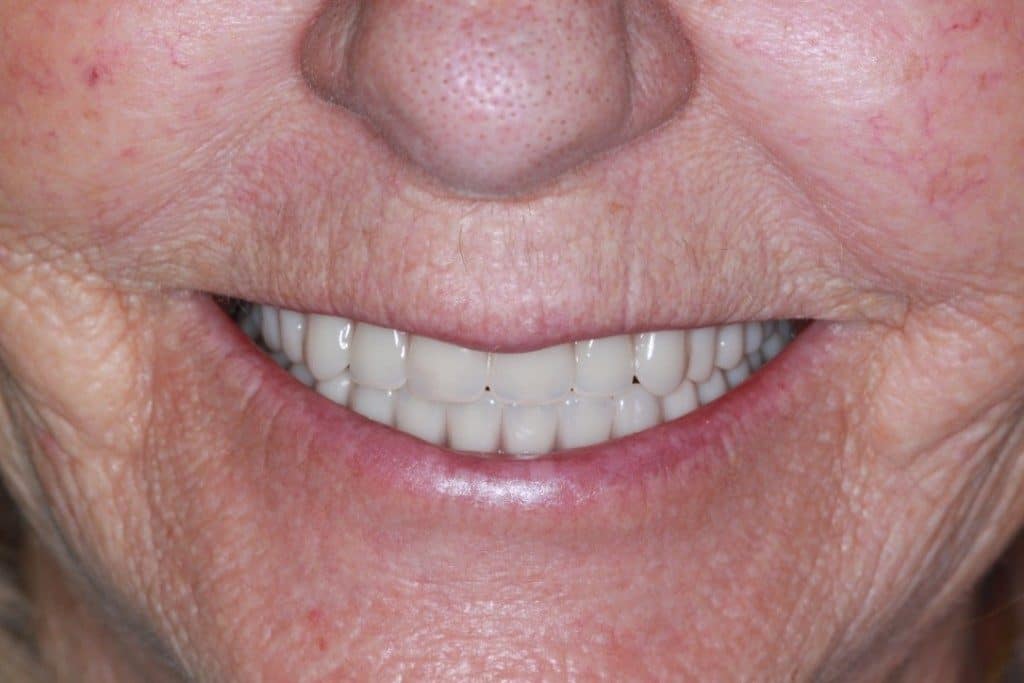What types of dentures are available?
Complete dentures are used when all teeth need replacing in your upper jaw, lower jaw, or both. They are held in place with a flesh coloured acrylic base that fits snugly over your gums.
Partial dentures are used when some natural teeth remain, and fit in amongst and around those remaining teeth. They rest on a framework that attaches to your remaining teeth as well as fitting over your gums. You might like to discuss with your dentist alternative options to improve upon standard dentures such as a colbalt chrome framework or a flexible denture.
Dentures are more comfortable and natural looking than ever before and, unless you tell someone that you’re wearing dentures, they probably won’t even notice. Once made and fitted, these custom-made replacements are easily put in and taken out of your mouth by you, giving you the flexibility to wear them at times that suit you. Looking after dentures is straightforward. The key things to do are to always handle them with care, to clean them daily, and to leave them to soak when not in use. They can be worn all day but taking them out at night is advisable.


How are dentures made?
Dentures are made in a laboratory, based on impressions and measurements taken of your mouth. This approach helps to make a set of dentures that fit comfortably, give you a proper bite, and to look like your natural teeth. Ongoing visits will be required for the fitting and checking of your dentures due to normal wear and tear and also, because, as you age, your mouth shape will naturally alter, realignments and replacements will be required. Dental examinations are recommended every 6-12 months.
Whilst developments in dentures have made them more comfortable than previously, they won’t feel exactly the same as natural teeth, and it will take time to adapt. Eating and speaking with dentures may feel awkward for the first few weeks, but over time you’ll adjust to them and will be able to eat and speak as normal.
How to look after your dentures
Just like with natural teeth dentures are susceptible to plaque and food build up. Denture care is important to keep your gums and any remaining teeth healthy.
How do I clean my dentures?
Dentures should be cleaned daily using a soft brush and a cleaning agent such as soap and water or a special denture paste. Toothpaste is not recommended for dentures. The reason for this is that it is abrasive and can therefore cause tiny scratches on the denture which can harbour bacteria and increase staining.
There are soft brushes available that have been specifically designed for dentures. Ensure you brush every area of the denture. Bacteria from food particles can get between the teeth so use the brush and rub it gently between the spaces of every tooth.
One thing that dentists hear a lot of is how patients have broken their dentures by dropping them into the sink when cleaning them. We therefore recommend that you clean your denture over a sink full of water or a folded towel to give your denture a soft landing if it is accidentally dropped.
Should I remove my dentures at night?
Yes, we recommend removing your denture overnight. It is important to give your gums chance to rest and receive beneficial exposure to the antibacterial agents naturally present in saliva.
When removing your denture place it in a glass of water or a denture cleansing solution. It is important not to let the denture dry out. Ensure the water isn’t too hot as this could warp the shape of your denture.
To find out more about dentures, or to book an appointment at Sharrow Vale Dental Care, call 0114 2686076, email enquiries@sharrowvaledentalcare.co.uk or send us a message using our online contact form.

